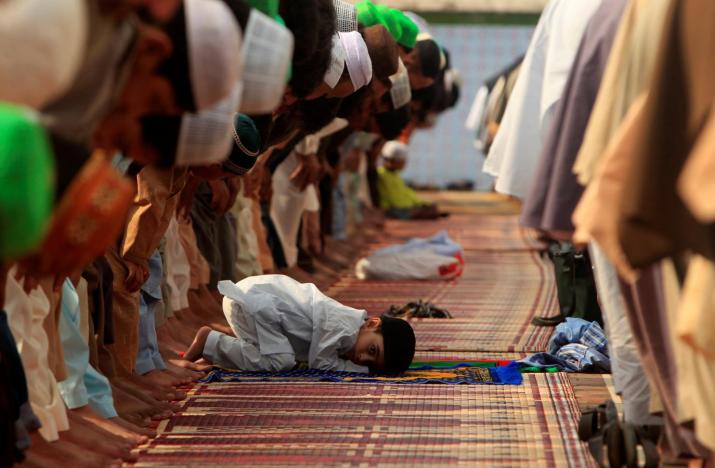When is Eid al-Fitr celebration in 2017? The true meaning of this Muslim festival

Muslims across the word will soon observe Ramadan. A very holy and religious period for Muslims, Ramadan is a month of the Islamic calendar that commemorates the time when the Holy Prophet Muhammad revealed Islam's holy book, known as the Qu'ran. Ramadan is followed by Eid al-Fitr, which celebrates the end of Ramadan and marks the start of the Shawwal month.
Eid al-Fitr, or more commonly known as Eid, is the biggest event of the Muslim calendar. Most Muslim festivals also have "Eid" in their names. Eid al-Fitr, however, differs from other festivals as the falls on a different date each year. So, when will Muslims celebrate Eid al-Fitr for the year 2017?
For the current year, Ramadan will begin on Saturday, May 27, and last until Saturday, June 24, as indicated by the Umm al-Qura Calendar of Saudi Arabia. With these dates, Eid al-Fitr will be celebrated on Sunday, June 25. However, the dates are not yet official as they could be adjusted slightly after sightings of the lunar crescent nearer the time.
Observing Ramadan in 2016 was challenging because daytime during the period was notably long. In fact, the period included the longest day of the year. Muslims went without food and drink for 19 hours, as fasting took place from early in the morning to sunset.
The Ramadan period in 2017 will not include the longest day, but will see extended daylight hours. Hence, fasting is expected to be a challenge as well. But what is the true meaning behind celebrating Eid al-Fitr?
The deeper meaning of Eid al-Fitr is celebrating Allah's grace, for giving Muslim individuals the strength to endure the fasting period and observe His commands during the month of Ramadan. Eid also bring families together. It is truly indeed a special time for families to celebrate the goodness of Allah in their lives, as well as to renew their Islamic faith.











